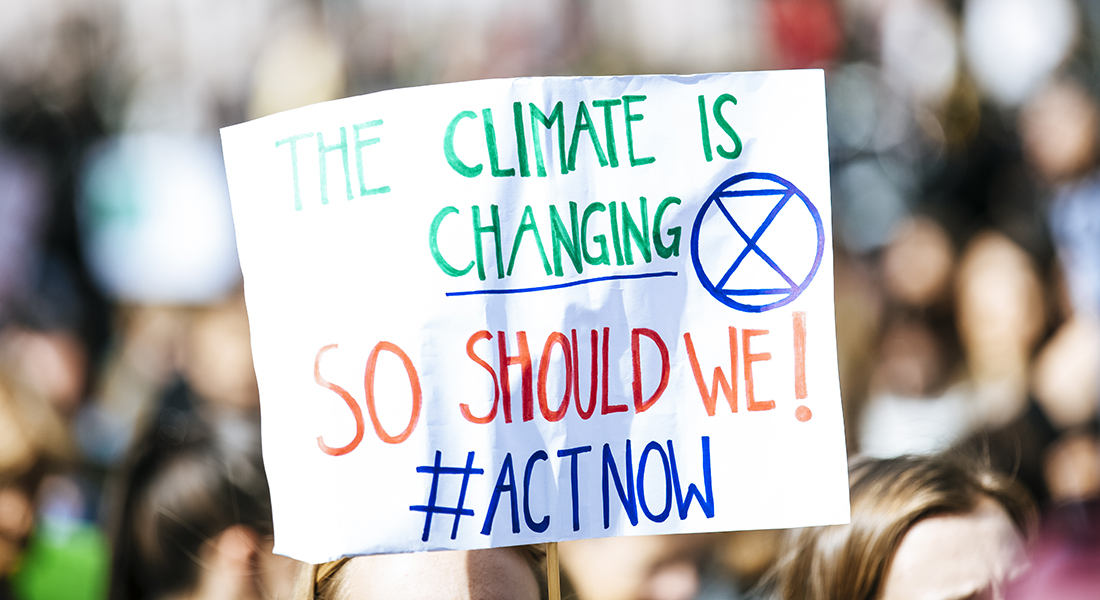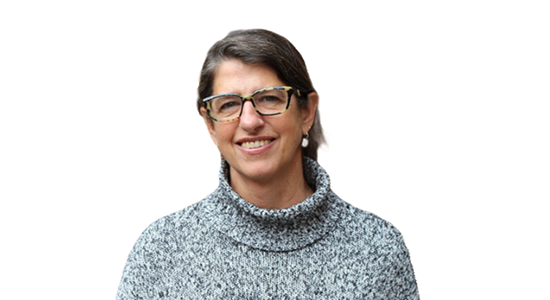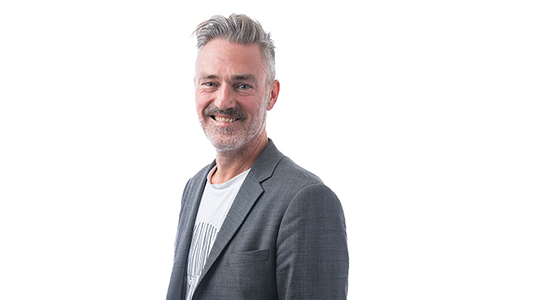REGROUP: Research Group on Green Politics
The Research Group on Green Politics (REGROUP) focuses on environmental and climate politics and policy making from the global to local level. We engage a broad array of theoretical and methodological approaches that cut across research areas at the Department of Political Science, including international relations, European politics, public policy, Danish and comparative politics, political theory, and security studies.

REGROUP provides an intellectual space for scholars from across the range of political science sub-fields to exchange ideas, theorize, and conduct research on politics and policy making related to green transitions. REGROUP members seek to understand the challenges of developing effective, durable, and legitimate responses to problems such as climate change and biodiversity loss and to consider how issues related to global sustainability differ from other types of contemporary political problems.
REGROUP organizes research seminars and thematic workshops and coordinates the Department of Political Science masters specialization in the Politics of the Environment, Climate Change, and Sustainability.
Researchers in the group further work purposefully to enable public engagements in the climate and sustainability debates in society, and to facilitate policy impact outreach activities with relevant decision-makers and societal stakeholders.
REGROUP members are involved in interdisciplinary research and teaching with colleagues across the faculties at the University of Copenhagen and beyond. Collaborations include interdisciplinary initiatives with research centres such as Centre for Sustainability and Society (SUSY), Sustainability Science Centre and Green Solutions Centre at the University of Copenhagen as well as national and international academic partners such as GreenDeal-Net and the Earth System Governance research alliance.
Coordinators
Michele Merrill Betsill
Professor
m.betsill@ifs.ku.dk

Jens Ladefoged Mortensen
Associate Professor
jlm@ifs.ku.dk

Read more about our projects
Group members
| Name | Title | Phone | |
|---|---|---|---|
| Betsill, Michele Merrill | Professor | +4535330826 | |
| Bueger, Christian | Professor | +4535325066 | |
| Dreyer, Jakob | Postdoc | +4535336943 | |
| Gulbrandsen, Kristin Smette | Postdoc | +4535337481 | |
| Mortensen, Jens Ladefoged | Associate Professor | +4535323448 | |
| Mortensgaard, Lin Alexandra | PhD Student | +4535327095 | |
| Raft, Benedikte | PhD Fellow | +4535334860 | |
| Wæver, Ole | Head of Centre, Professor | +4535323431 |
